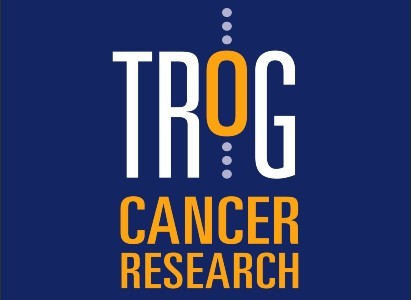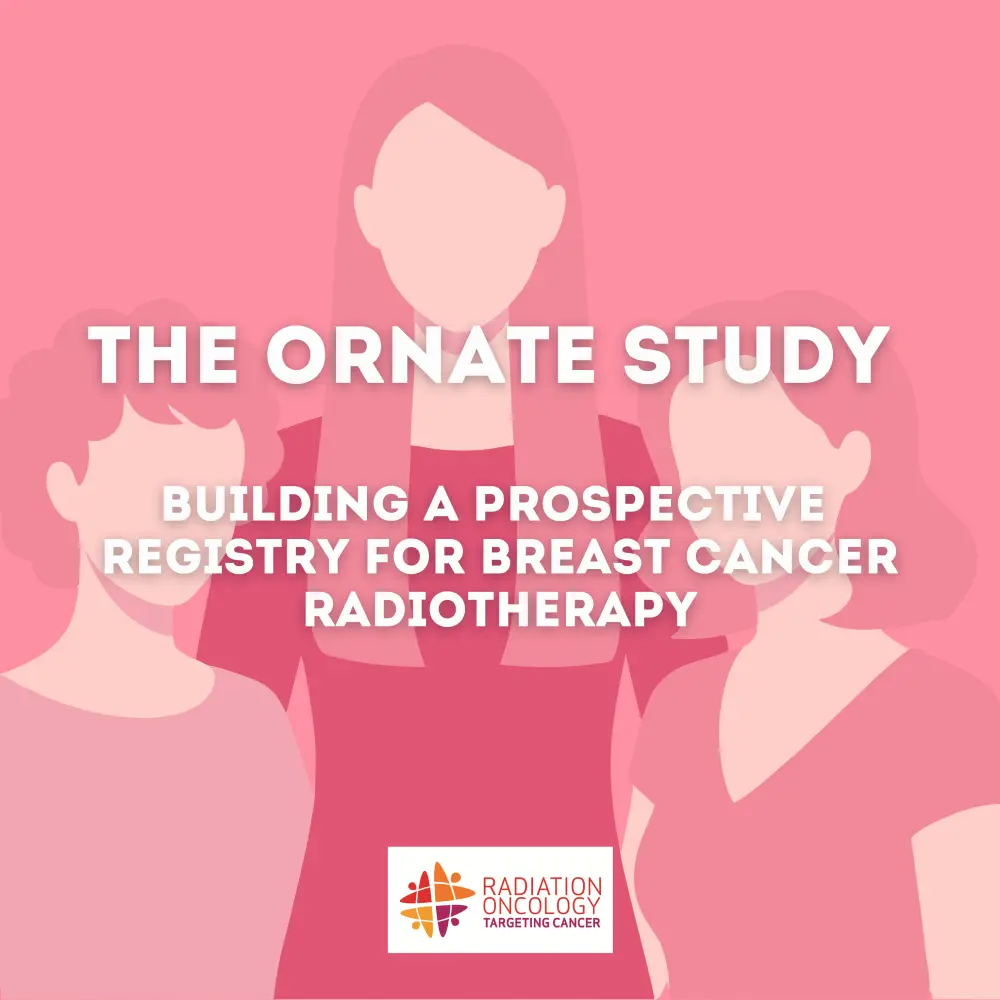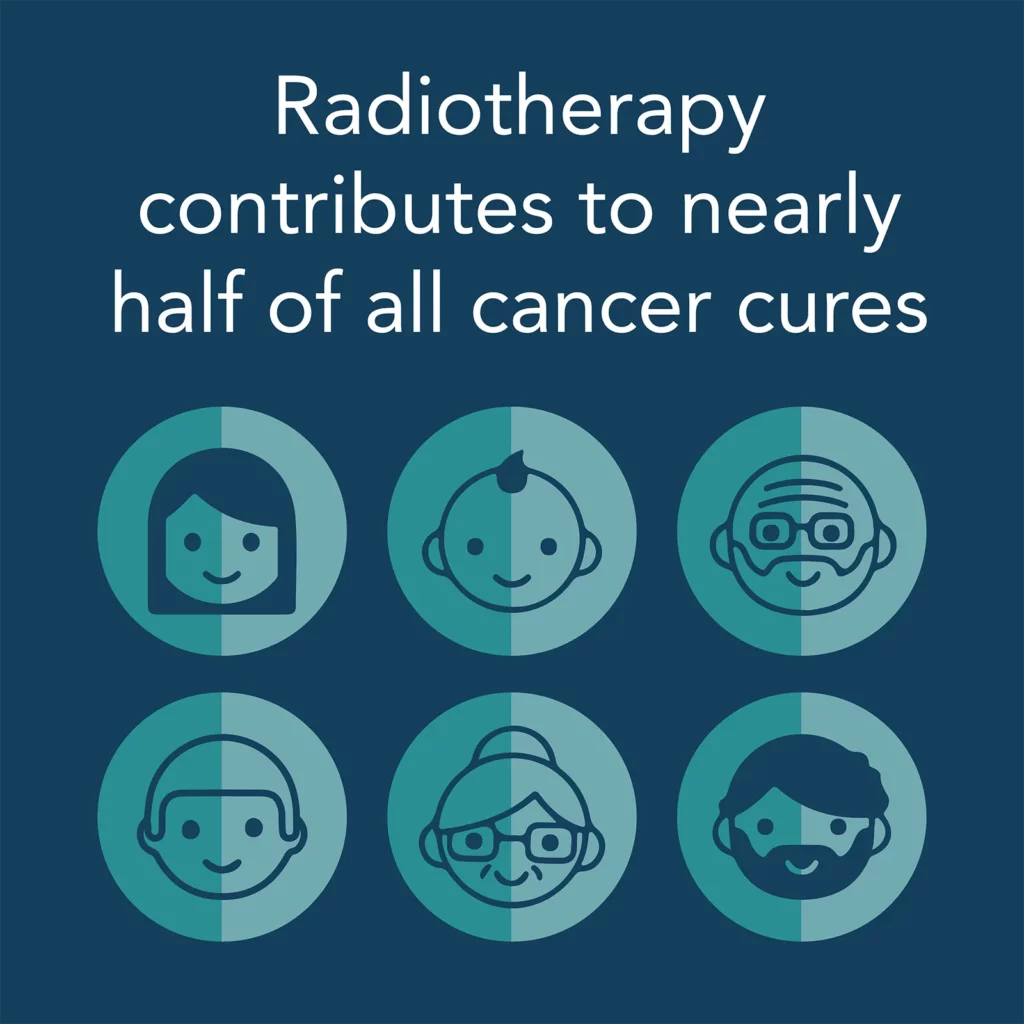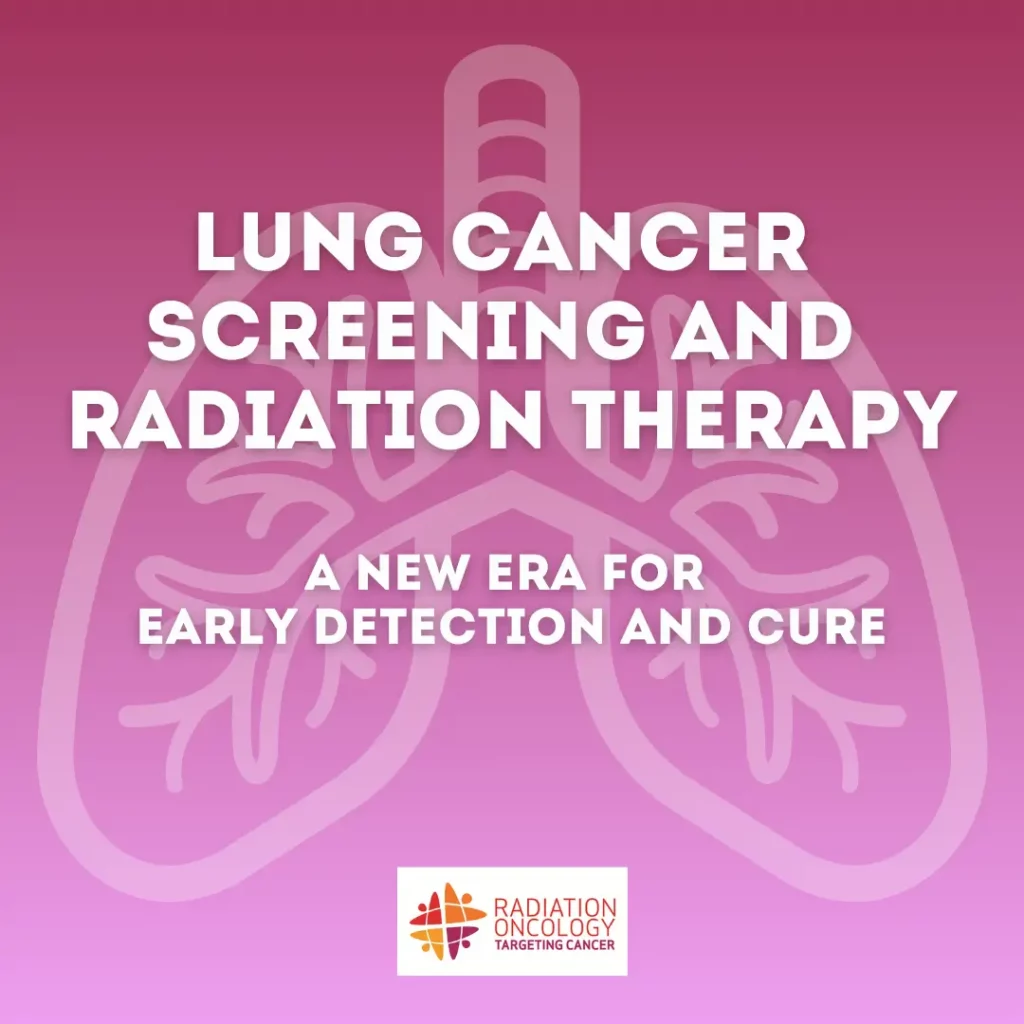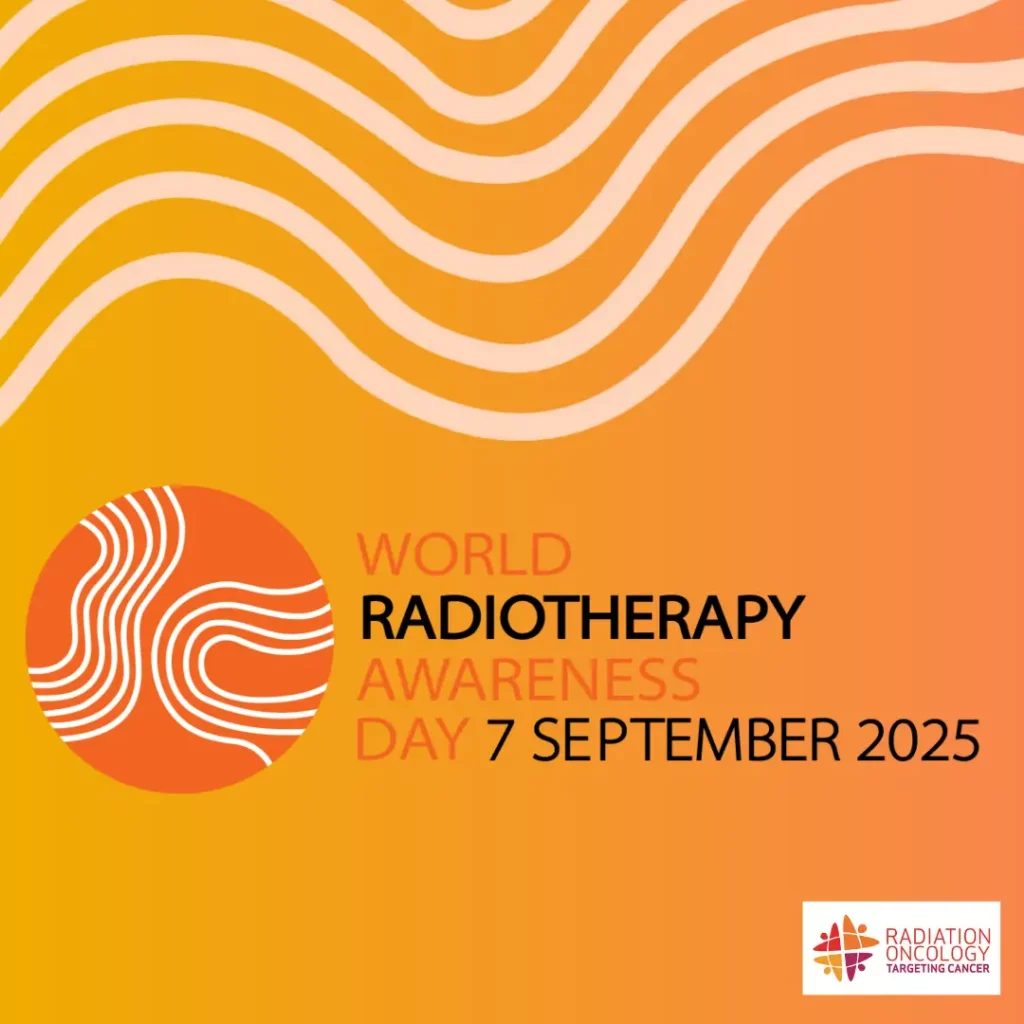If you or someone you care about is undergoing cancer treatment, you may have wondered what else is being done to improve outcomes. Clinical trials are one of the most powerful ways that new knowledge becomes better care. The Trans-Tasman Radiation Oncology Group (TROG Cancer Research) is running several cancer treatment trials now recruiting patients across Australia and New Zealand. At Targeting Cancer, we want to help you understand what they are, why they matter, and how you might take part.
What is TROG Cancer Research, and why trials matter
- TROG conducts clinical trials focused on radiation medicine — how radiation therapy is planned, given, and improved for many different types of cancer. (TROG Cancer Research)
- Through trials, researchers investigate whether new imaging, new schedules of treatment, or new combinations of therapy work better, are safer, or lessen side effects. This can lead to better outcomes and quality of life. (TROG Cancer Research)
- Participating in a trial means being part of efforts that help future patients, in addition to potentially gaining access to newer treatment strategies under close medical oversight. If you’re interested, your treating specialist is the right person to talk to.
Some TROG Radiation Therapy Trials Now Recruiting Participants
Here are a few TROG trials currently recruiting participants, that may be relevant. If you or your oncologist think one of these trials might suit your situation (or that of a family member), please ask your specialist to review the full details on the TROG website and reach out via the trial contact email.
| Trial name | What it’s about | Who may benefit / Key info |
|---|---|---|
| TROG 21.07 – SOCRATES HCC | Comparing standard treatments vs stereotactic ablative body radiotherapy (SABR) for early-stage hepatocellular carcinoma (HCC), a form of liver cancer. SABR is a high-precision radiation therapy delivered in fewer sessions. (TROG Cancer Research) | Patients with early HCC for whom surgery isn't suitable. Now recruiting eligible patients at 20 centres across Australia. (TROG Cancer Research) |
| TROG 18.06 – FIG | Exploring whether adding FET-PET imaging to standard MRI improves how target areas are identified and treated in glioblastoma (a type of brain cancer). Also aims to distinguish tumour changes from progression. (TROG Cancer Research) | People with glioblastoma who have a radiotherapy treatment plan; imaging may guide more precise radiation. (TROG Cancer Research) |
| TROG 18.01 – NINJA | Looks at novel radiation treatment schedules combined with androgen deprivation therapy in men with prostate cancer. (https://trog.com.au/trials/trog-18-01-ninja/) | Men with intermediate- and high-risk prostate cancer where this treatment approach might apply. Now recruiting eligible participants at centres across Australia and New Zealand. Talk to your radiation oncologist to see if you’re eligible. |
| ASPIRE Registry (TROG 21.12) | A registry collecting data about radiation therapy quality and outcomes among specific patient groups . Helps to understand how well different radiation treatments are working and their safety in real-world settings. (TROG Cancer Research) | Patients who have been treated with different types of radiation therapy may be recruited to the registry to help guide future treatments and funding. Registries such as this don’t always involve participants receiving extra interventions but provide important insights. |
What to Think About If Considering Taking Part in a Trial
- Eligibility is specific. Not everyone qualifies for every trial. Your doctor will help you understand whether you meet criteria.
- Benefits vs challenges: Trials often provide close monitoring, possibly access to cutting-edge treatments, but also may involve travel, extra imaging, or tighter requirements.
- Informed consent: You’ll get detailed information about the trial, potential risks, benefits, and what is expected. You will have opportunities to ask any questions before agreeing to take part.
- Your care remains personalised: Even in trials, your safety and preferences matter; you can discuss with your care team whether the trial makes sense for your situation.
How to Find More Information or Participate
- Speak to your radiation oncologist or cancer treatment team: they can tell you whether any TROG or other clinical trials might be suitable for your situation.
- Visit the TROG website’s Open Trials – Recruiting section to see all current trials and contact details. If there’s a particular trial you think may be suitable for your situation, discuss it with your treatment team and ask them to contact TROG. (TROG Cancer Research)
- If travel is difficult, ask whether there are centres near you involved in a trial. Some trials are offered at multiple locations. TROG works closely with many centres across Australia and New Zealand to conduct clinical trials. (TROG Cancer Research)
Research doesn’t just happen in labs — it happens where people live, where treatment happens. TROG trials in radiation oncology are helping make radiation therapy safer, more effective, and kinder on the body. If you are living with cancer, knowing what clinical trials are available could open up possibilities for your care. Targeting Cancer is committed to raising awareness so patients and families can explore all options with confidence.

